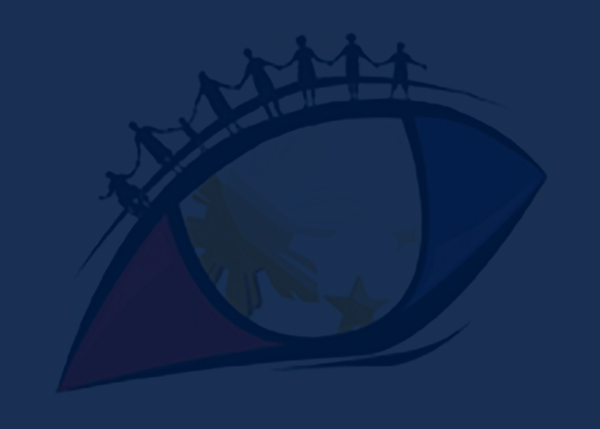In their efforts to combat the Wuhan virus’s global pandemic, our government has taken steps to build a sizeable war chest for economic stimulus and healthcare efforts. Having such resources provides a measure of security on the national level, but our government lacks robust bureaucratic oversight mechanisms. What is more, this pandemic has given some opportunities to skip whatever oversight measures we have in the name of “emergency powers.” Simply put, the sheer size of funds being moved presents graft and corruption opportunities on both national and local government levels. This cannot be left unchecked.
Corruption and loss of institutional integrity directly affect foreign direct investments (FDI), and given the crippled economy, we cannot afford to risk such losses. There is also the pressing and real matter of addressing the immediate needs of the Filipino people. Every centavo that goes from the kaban ng bayan to the pockets of unscrupulous officials is money that should have gone to our collective efforts to recover from the economic and public health damage of COVID-19.
But the risk of corruption is not the only development COVID-19 has revealed. There is also an associated opportunity. At Democracy Watch, we believe that by fast-tracking our nation’s transition to digital environments, the present crisis gives us the opportunity to adopt e-governance. Through transitioning government services online, we can reduce contact points and opportunities for entrenched “for the boys” bribery practices, fixers, and excessive red tape. E-governance would also let us harness technology to address issues in significant pain points in terms of both transparency and efficiency, such as procurement, taxation, and customs. Furthermore, the adoption of emerging technologies such as live feeds, blockchain, and cloud-based technologies give civil society groups and watchdog institutions a platform to virtually “sit-in” during hearings and deliberations, track government transactions and decisions in real-time, and communicate more effectively with the public at large.
That being said, the government must remove red tape and clunky regulatory barriers and speed up permit issuance. The removal of bureaucratic chokepoints will facilitate the swift development of ICT infrastructure, making e-governance accessible to every Filipino. Besides removing red tape, the national government should also put a premium on public-sector investments in digital structure, especially in underserved areas. After all, in our journey into a more democratic, transparent, and accountable normal, no Filipino can be left behind.
Paco A. Pangalangan
Lead Convenor, Democracy Watch Philippines
Executive Director, Stratbase ADR Institute

